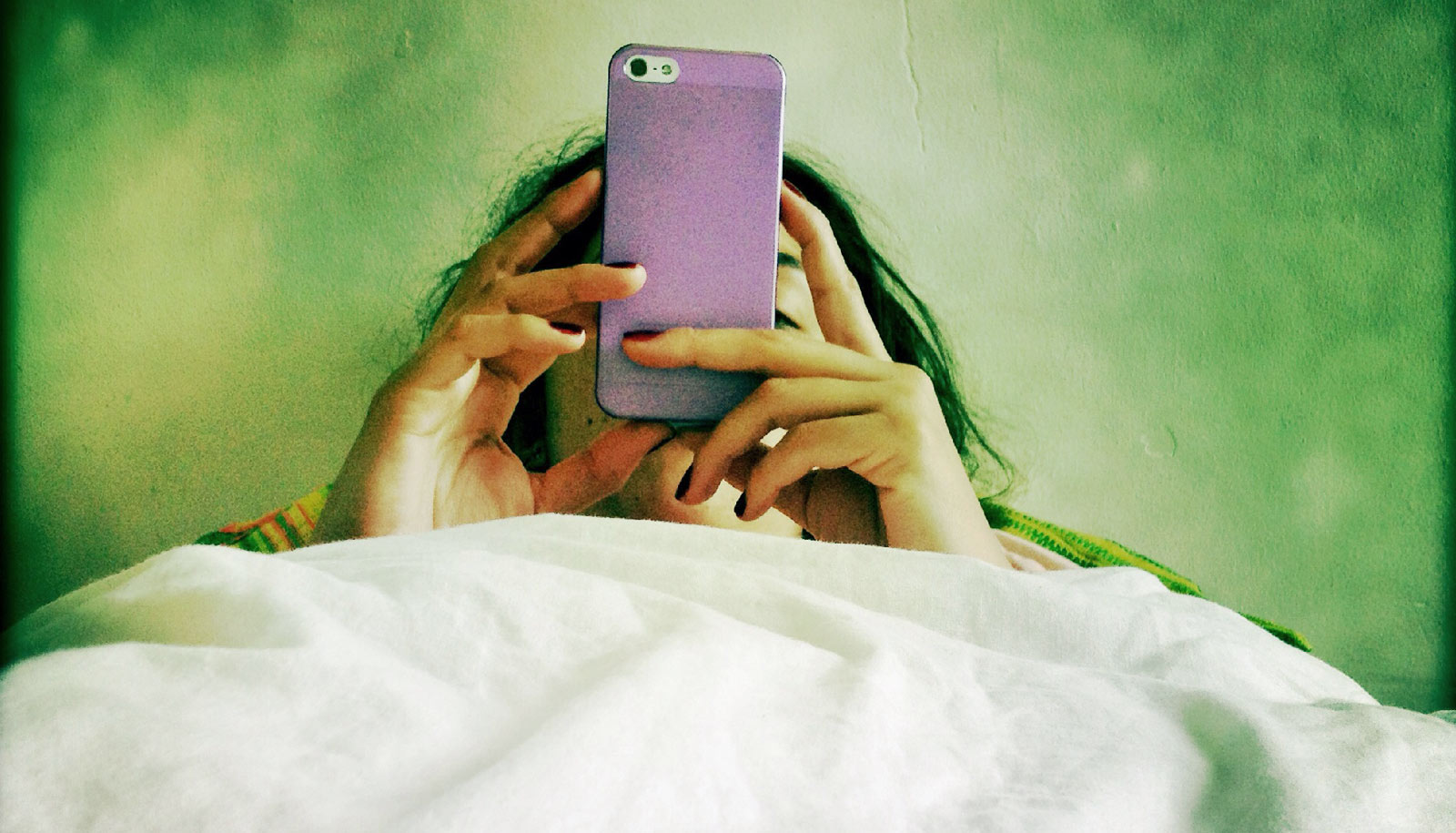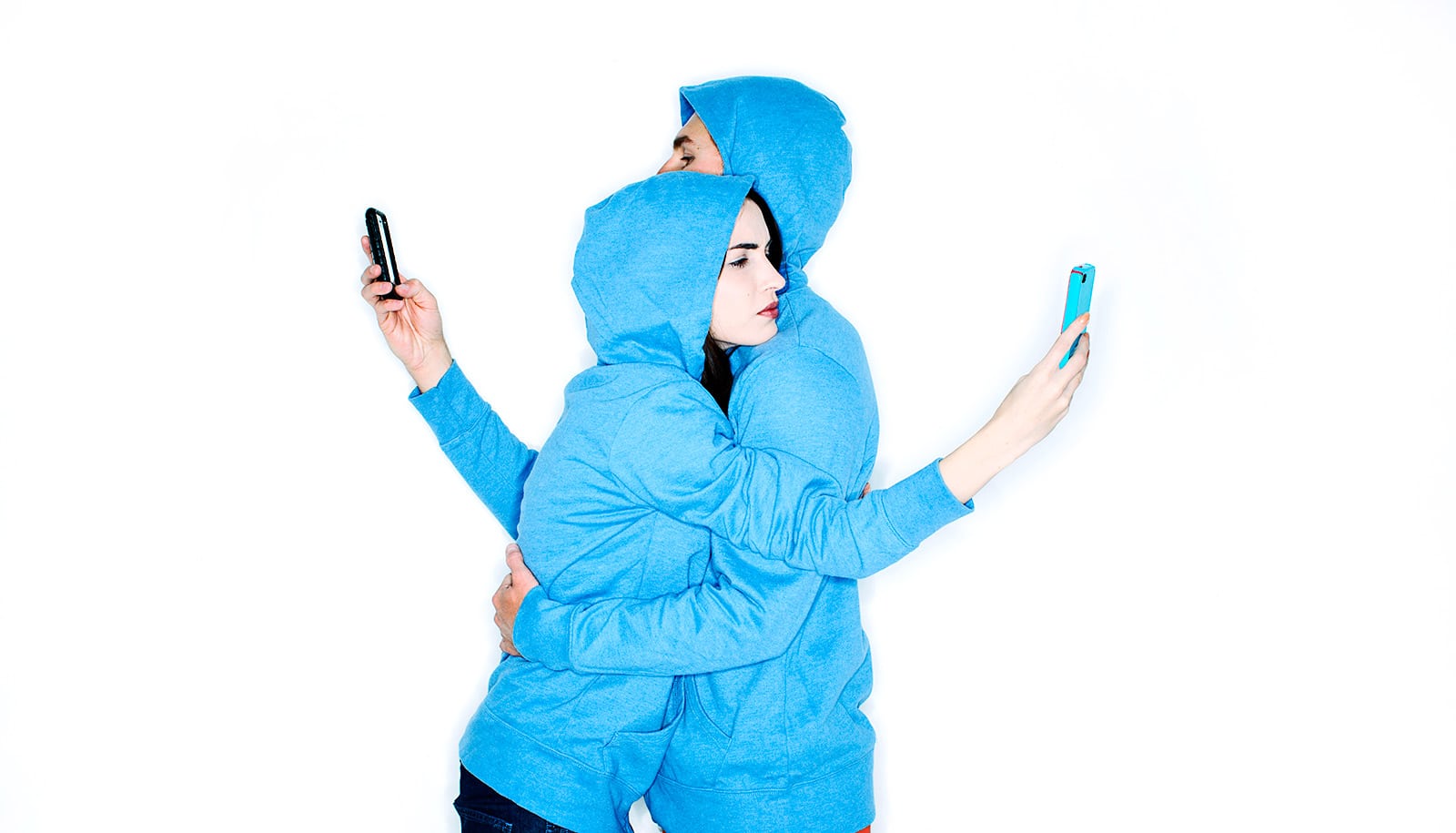Sharing information on social media can do more harm to romantic relationships than good, research finds—unless you include your significant other in your posts.
“Prior research has shown that self-disclosure positively affects offline relationships,” says Juwon Lee, a postdoctoral researcher in Carnegie Mellon University’s Dietrich College of Humanities and Social Sciences. “We wanted to explore whether that would remain the case in an online context, where users can share detailed information with large audiences—a phenomenon that typically wouldn’t be possible in person.”
Their paper’s five studies build on each other in an attempt to resolve inconsistencies in published research on online disclosure and relationships. In doing so, the researchers found underlying conditions driving the negative effects of online disclosure. They compared how posting personal information online affected intimacy and satisfaction in online and offline contexts, romantic relationships and friendships, and when the partner posted about themselves versus the relationship as a whole.
They found when one person frequently shares personal information with large groups on social media, it negatively affects their partner’s satisfaction and feelings of intimacy in the relationship. The research suggests a romantic partner could feel left out or see themselves as less special.
“On the other hand, when you include a significant other in your post, perhaps as confirming a relationship status online or posting a photo together, we found that it counters the negative effects of online disclosure, increasing the feelings of intimacy and satisfaction,” says study coauthor Omri Gillath, a professor of psychology at the University of Kansas. “This validates the relationship, and a partner likely would see their significant other’s post as caring and inclusive.”
Gillath, Lee, and fellow coauthor Andrew Miller, a medical school student at the University of Kansas, did find one instance when sharing information with large audiences didn’t have negative effects. Overly personal posts don’t affect friendships.
“For many of us, sharing our feelings and daily experiences on social media is one of the main ways we stay in contact with friends and family,” Lee says. “Because of this cultural shift from face-to-face or phone conversations, it’s important that we understand how our usage of these technologies affect our personal relationships.
“Additionally, other research has found that people benefit from sharing information about themselves, which might be why people engage in it so much. But it’s important to know the full picture, and understand that sometimes sharing can be bad for you.”
The paper appears in PLOS ONE.
Source: Carnegie Mellon University



